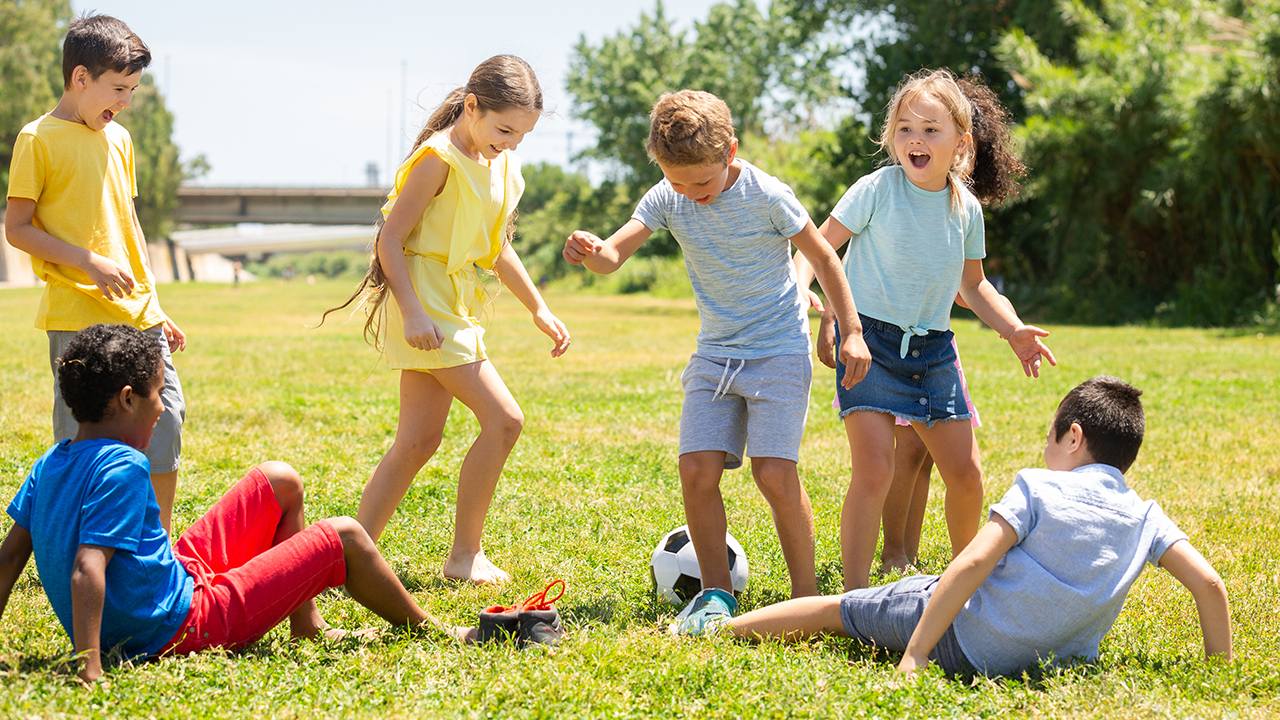Research tackles ‘stereotypical’ view of girls in sport
An idea of ‘sportiness’ is still looked at as a fundamental part of a boy’s identity rather than being unisex, according to research from charity Women in Sport.
The report ‘Boys will be Boys – Creating a new generation of male allies for girls in sport’, found that when asked directly most boys said that girls are as competent in sport as boys, but their actions didn’t reflect this.
Research found that boys were reluctant to pass the ball to girls, were tougher on girls when they made mistakes, believed teams with mostly boys would win and doubted girls could be as good at football.
WiS says there is a gap between what boys are saying and how they’re acting when it comes to sport.
The survey studied the attitudes and behaviours of boys between the ages of 5 and 11 towards girls in sport, with the aim being to understand what influences boys at this early age and how to promote more respect towards girls in sport.
It found that stereotyping still happens as adults continue to subconsciously pass down labels to boys that limit the sporting and physical activity lives of girls.
The research also found that:
- A lack of female role models reinforces gender stereotypes, shaping boys’ attitudes towards girls in sport, leading to beliefs that girls aren’t interested, aren’t skilled and don’t belong
- Stereotyping pushes girls towards more aesthetic activities and restricts certain contact and team sports to boys, widening the skills gap and limiting opportunities for mutual respect.
WiS says that “stereotyping not only creates a negative environment for those boys who don’t like sport, but critically for the charity it excludes girls from sport” and fuels a myth that girls don’t belong in sport.
The charity’s new campaign #WhatsYourLittleOneMadeOf highlights the underlying stereotypes that still exist and their consequences. It is based on the charity’s research into young girls (published last year) and its new research into young boys.
Challenging social norms, the campaign looks to readdress the sporting expectations children are surrounded with – whether at home, in school or in the community.
WiS wants to find ways to create a new generation of boys who can be “agents of change” for girls and women in sport.
The charity has created a suite of downloadable resources for schools, community sports coaches and parents to support them with practical tools to avoid stereotypes and create environments that foster mutual respect between boys and girls.
View the charity’s most recent research
View the research published last year


